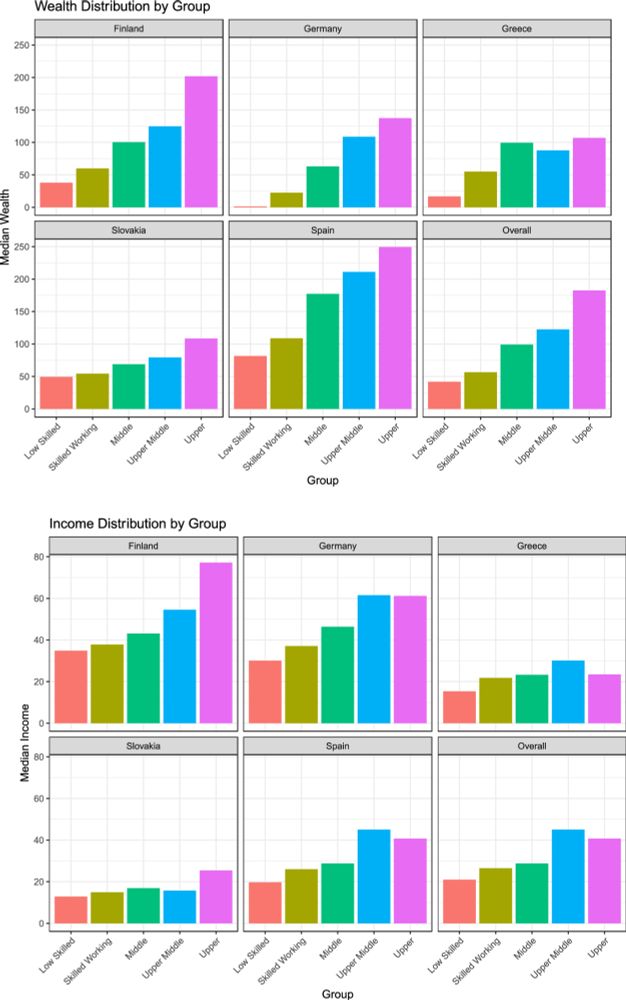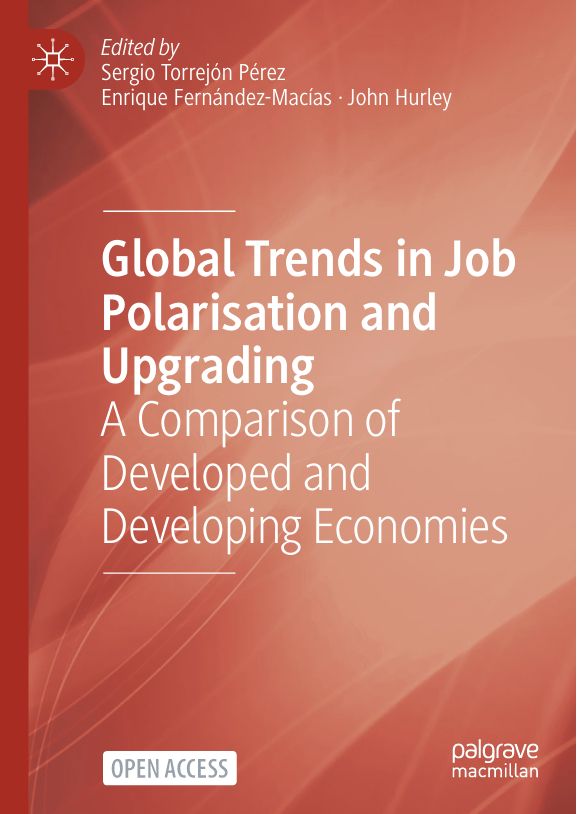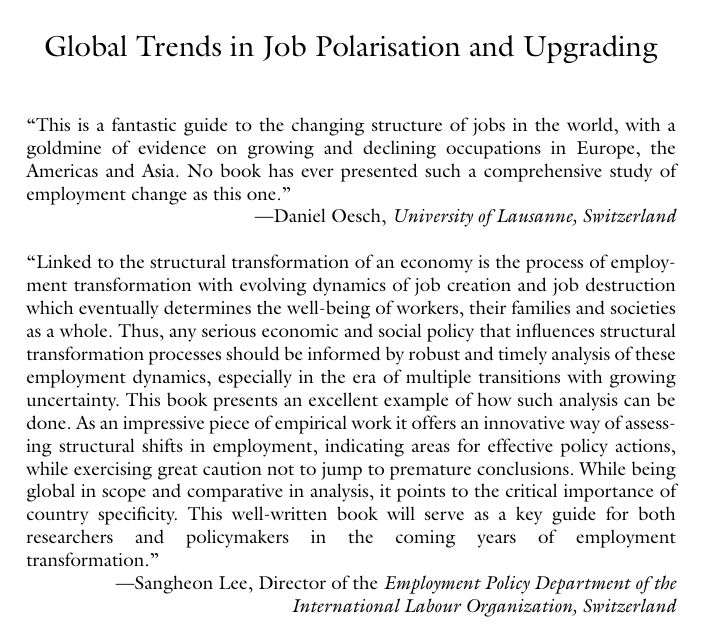Enrique Fernández Macías
@quiquefm.bsky.social
240 followers
420 following
46 posts
https://enriquefernandezmacias.wordpress.com
Posts
Media
Videos
Starter Packs
Reposted by Enrique Fernández Macías
Reposted by Enrique Fernández Macías
Reposted by Enrique Fernández Macías
Reposted by Enrique Fernández Macías
Reposted by Enrique Fernández Macías
Reposted by Enrique Fernández Macías
Reposted by Enrique Fernández Macías
Reposted by Enrique Fernández Macías
Reposted by Enrique Fernández Macías
Reposted by Enrique Fernández Macías
Reposted by Enrique Fernández Macías
Reposted by Enrique Fernández Macías
Carlos J. Gil
@karlosj89.bsky.social
· Feb 24

Wealth and Income Stratification by Social Class in Five European Countries - Social Indicators Research
Wealth is a central determinant of life chances and intergenerational status persistence in modern societies. Despite increasing attention, sociologists traditionally overlooked its role in class-base...
link.springer.com
Reposted by Enrique Fernández Macías




















